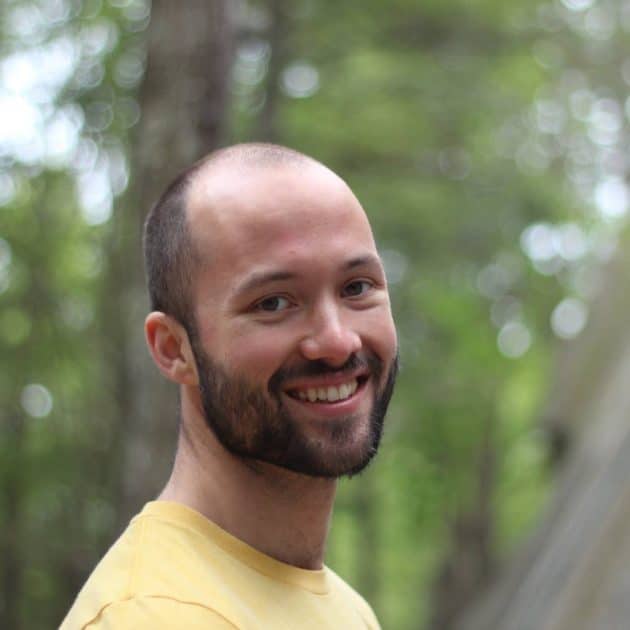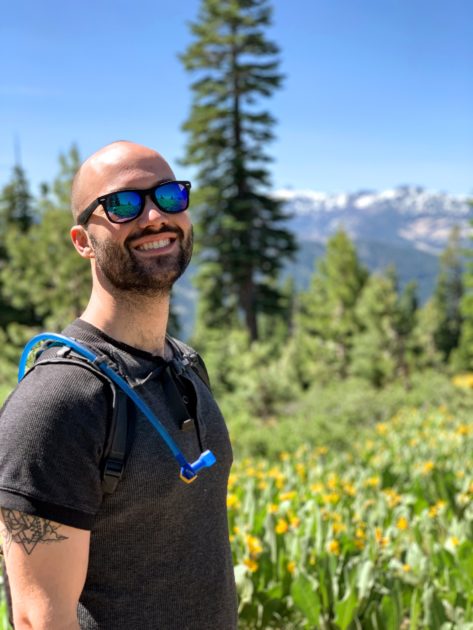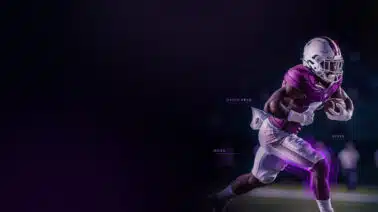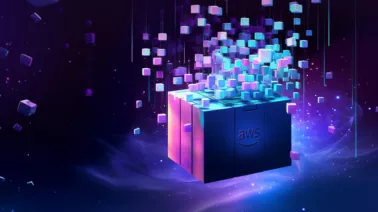
Career transition has been a challenge for many. We come across numerous working professionals who want to change their career paths. But, they are not able to do so because of either lack of opportunities or lack of required skills.
But not for Jesse Fredrickson. When he wanted to transition his career from Mechanical Engineering to Data Science, he ensured to take the right steps. He enrolled for Udacity’s Data Analyst Nanodegree Program first and then for the Data Scientist Nanodegree Program.
Here’s how Jesse became a Data Scientist in just a little over a year:
Tell us something about yourself
My name is Jesse Fredrickson, and I’m a 28 year old data scientist living in Boston. I earned a Bachelor’s degree in Mechanical Engineering from Boston University in 2014. Before transitioning to my current role, I held a few positions as in mechanical design engineering and quality analysis. Currently, I work full time as a data scientist. My roles requires me to employ a full range of advanced analytical techniques to tackle a variety of challenges. Outside of science and engineering, I am passionate about rock climbing, strength training, and esports.
You did your Bachelor’s in Mechanical Engineering and while working realised your passion for data analysis. How challenging was the career transition for you?
Making the transition in subject matter was totally natural. The training I had in math and science carried over very well to approaching data analytics problems. So, I had some of the right skills and mindset. The biggest challenge for me was committing to a learning path forward, and then achieving the actual job title. Both aspects took a good deal of commitment and dedication.
Why did you consider enrolling for a Udacity Nanodegree program for the first time? What motivated you to enroll for your second Nanodegree program?
I chose Udacity because it offered a curriculum that was directly targeted toward applied techniques. It had high profile projects – real datasets with industry partners. Moreover, it offered career search assistance and mentoring. It struck a balance between the flexibility and cost efficiency of a MOOC and the quality of a formal private education. My first Nanodegree program, the Data Analyst Nanodegree, was a good refresher on basic stats and programming in python. The second one, the Data Scientist Nanodegree program, got me started learning the advanced skills I would need for my career change.
You have taken multiple Nanodegree programs from us. How has the Nanodegree program benefited you in your personal and professional life?

Changing career was my goal, and Udacity’s nanodegree programs helped me achieve this goal in a little over a year. I went from little experience in programming and no experience with machine learning to earning a job where I’ve been able to come up to speed on an existing codebase and begin improving deep neural networks extremely quickly. The highlight of my experience with Udacity so far has been my data science captstone project. As a part of the project, I published an article on Medium on multiclass image classification. This was later scouted and republished by Towards Data Science, an extremely well read data science blog. That kind of recognition not only validated the relevance of what I had learned, it also gave me some great content to add to my resume!
Anything you would like to add about your experience.
Something I’d like to share with prospective and active students alike – one of the greatest, and most subtle features of the Nanodegree programs I took was the passion, breadth, and depth of knowledge that the instructors had. Data science is a huge field, and lots of lessons and projects included links to resources that would allow me to learn more about any topic. For instance, I enjoyed learning about convolutional neural networks, and went on to explore learning about how they are used in image segmentation, super-resolution, and style transfer. To get the most out of your program, use it as a jumping off point to inspire your curiosity to learn more! If you want to see some of the skills you can learn through the data science course and some of my personal projects, check out my github – https://github.com/jfreds91
Congratulations Jesse for your achievement. Kudos to you!



